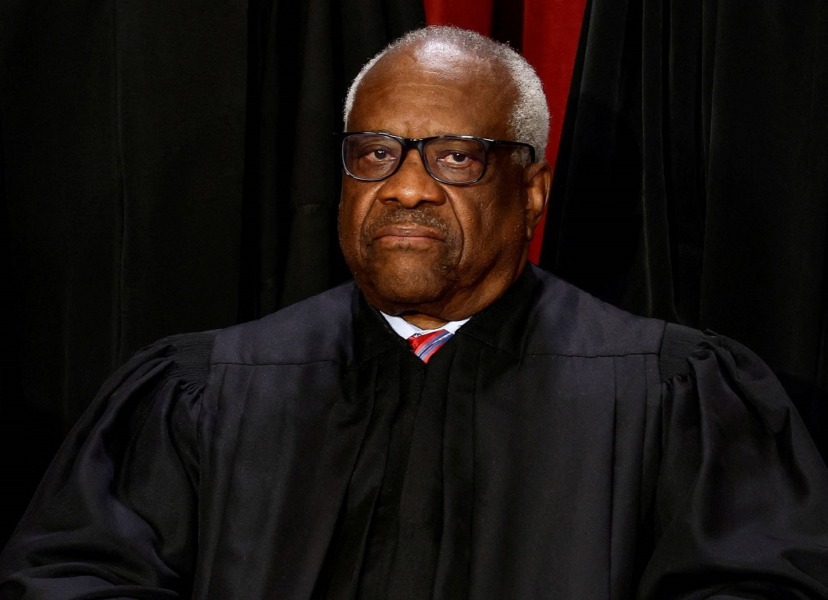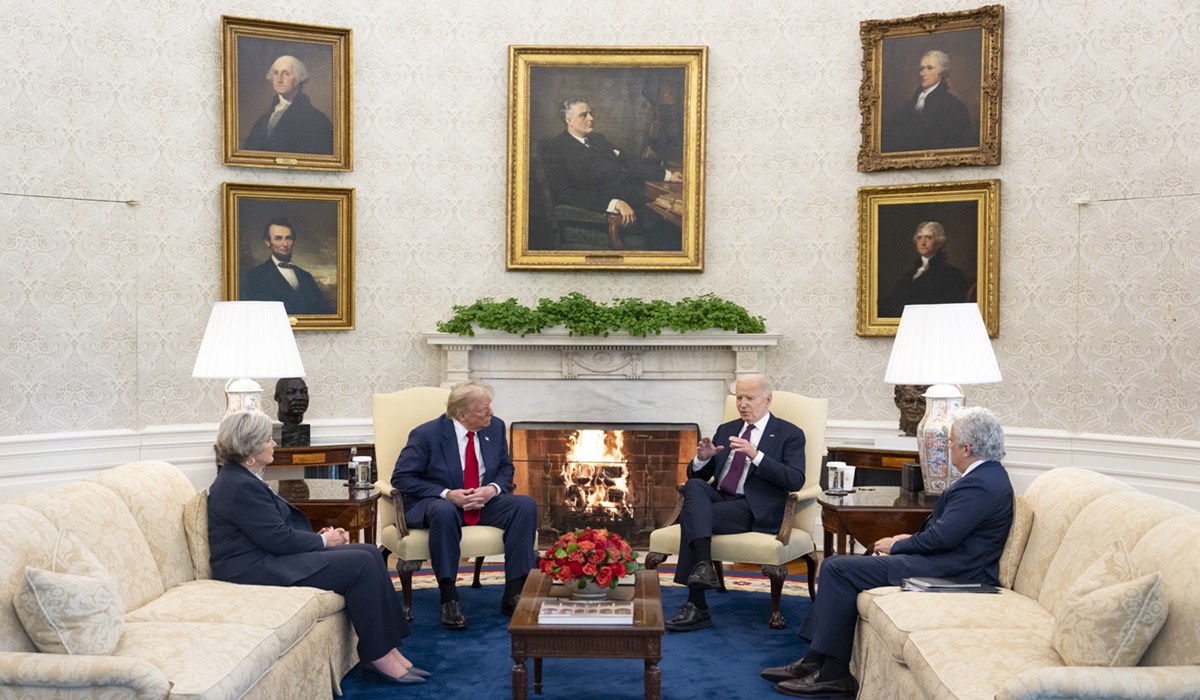The Gavel Of Irony: There Would Be No Supreme Court Justice Thomas, Without Affirmative Action
- TDS News
- Breaking News
- U.S.A
- July 3, 2023

In modern society, there is an ongoing debate surrounding affirmative action and its implications for equality and fairness. Justice Clarence Thomas is one prominent figure who has been vocal about his stance on this issue. Justice Thomas has expressed his reservations about affirmative action policies, questioning their effectiveness in achieving true equality.
Affirmative action refers to policies that aim to address historical disadvantages faced by certain groups, such as racial minorities or women, by providing them with an opportunity to compete in areas such as education or employment. Proponents argue that these policies are necessary to level the playing field and promote diversity, ensuring that individuals from underrepresented backgrounds have equal opportunities to succeed.
However, Justice Thomas holds a different perspective. He believes that affirmative action can perpetuate a cycle of discrimination and promote a form of reverse discrimination. In his view, these policies may undermine the principles of meritocracy and individual achievement. Rather than focusing on race or gender, Justice Thomas advocates for a color-blind and gender-neutral approach, where individuals are judged solely on their qualifications and abilities.
While Justice Clarence Thomas’s desire for a world where everyone is evaluated on equal grounds is important, it is unfortunate that we have not yet reached that stage. The reality is that people continue to face judgment, denial, and exclusion from crucial positions in the job market. Additionally, many individuals are still being denied the opportunity to pursue higher education in the post-secondary field. Those who believe that we have already achieved a level playing field in these areas are being overly simplistic and naive.
It is crucial to acknowledge the persistent disparities and systemic barriers that exist, hindering the goal of true equality. These obstacles affect individuals based on race, gender, and socioeconomic background. To address these issues, it is necessary to recognize the importance of affirmative action policies that rectify historical disadvantages and provide marginalized groups equitable opportunities. Only by acknowledging and actively working to dismantle these barriers can we move closer to Justice Thomas’s vision of a society where equal measurement is a reality for all.
It is important to note that Justice Thomas’s views on affirmative action stem from his own experiences and beliefs. He has spoken openly about his upbringing in a segregated society and his struggles as a young African American. Through his political association, he has developed a critical perspective on the issue of race and Affirmative Action, further shaping his judicial philosophy.
While Justice Thomas’s opinions have sparked controversy and drawn criticism from advocates of affirmative action, they also highlight the complexities and ongoing discussions surrounding this issue. The debate over affirmative action is multifaceted, involving considerations of equal opportunity, social justice, and the role of government in promoting fairness.
Whether affirmative action is an effective tool for achieving justice remains a subject of ongoing discussion and disagreement. It is a complex issue that requires thoughtful consideration and a nuanced understanding of its implications for individuals and society.”








